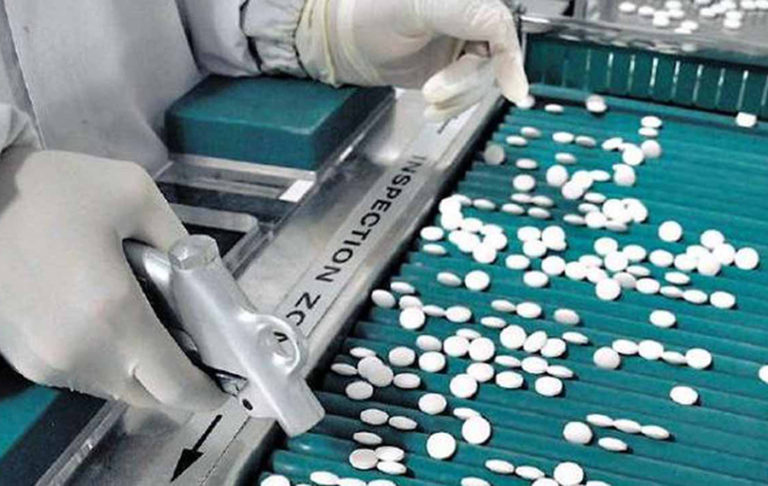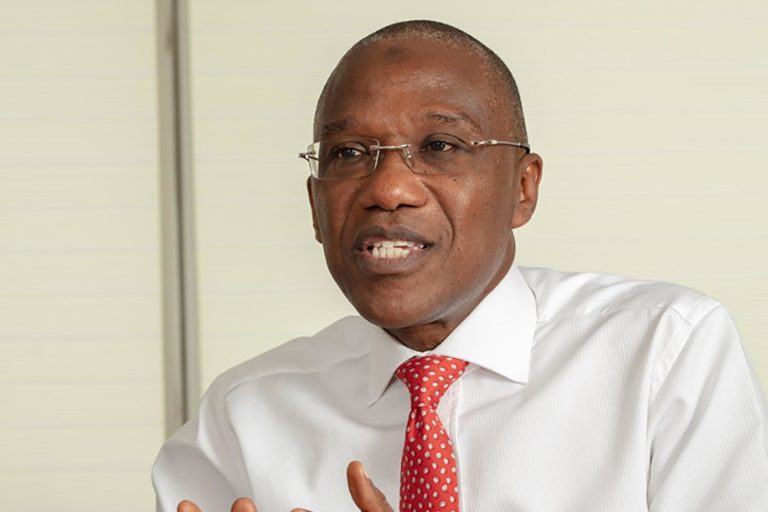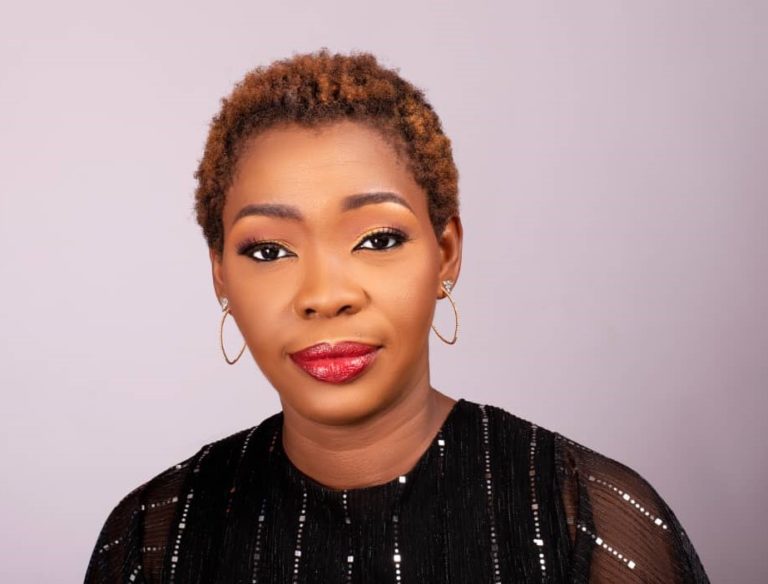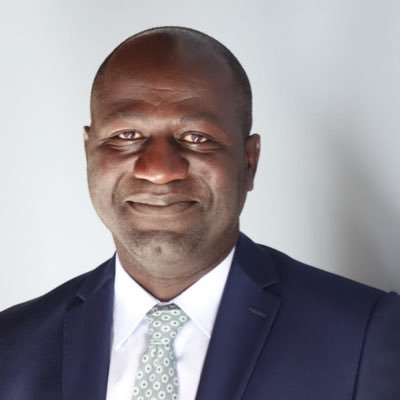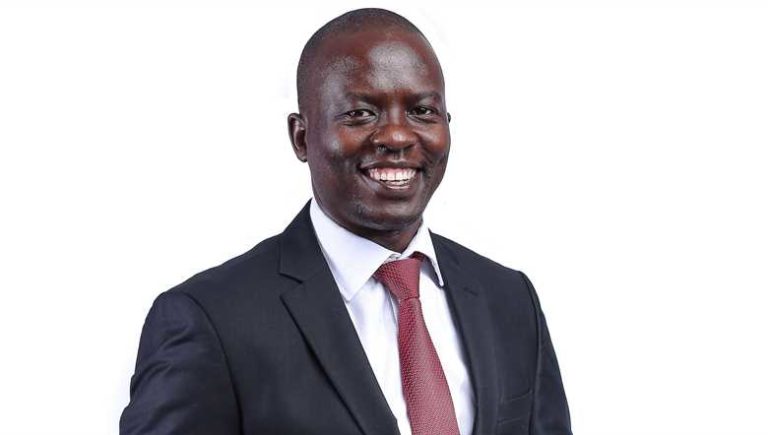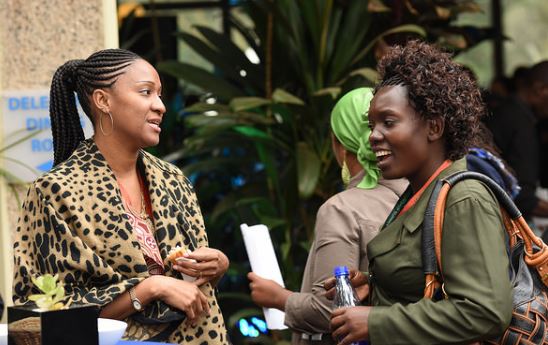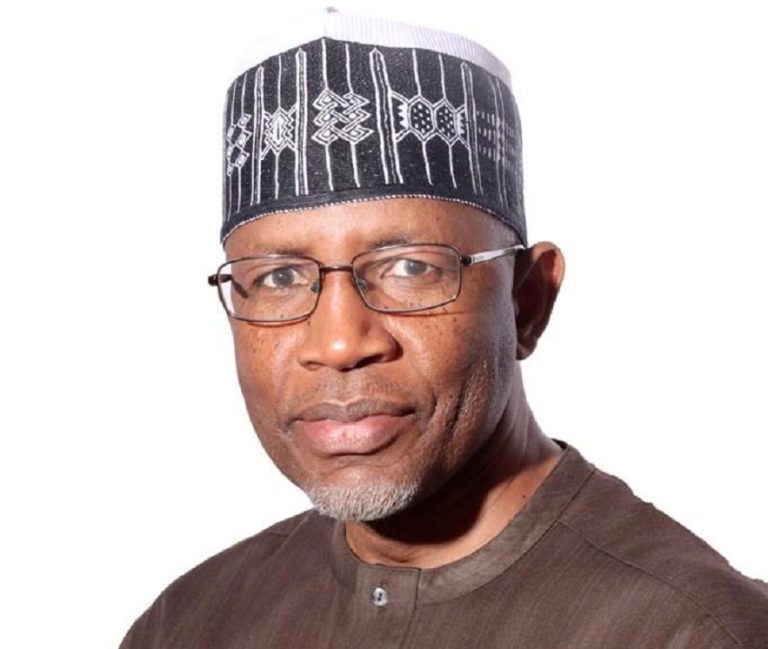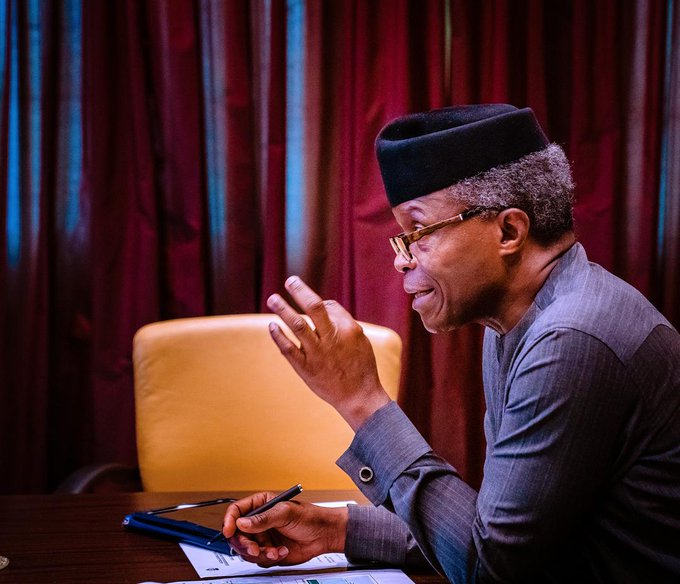The Central Bank of Nigeria has extended its N1bn intervention fund for pharmaceutical companies to May and Baker, which spent its 2019 rights issue fund of N1.8bn on debt servicing and dividends payment.
According to its annual report, May and Baker received the intervention fund from the CBN in the first quarter of 2020.
The fund came in timely, as it was just before the Coronavirus Disease broke out across the country causing economic shutdown that has negatively impacted industries across the country.
The fund increased the company’s net loans from N482.5m in December 2019 to N1.7bn in the first quarter of this year.
This is not the first time the company had received intervention fund; in October 2010, it had received a CBN fund for manufacturers to the tune of N920m.
The intervention was particularly important, as just last year, the Nigerian Stock Exchange listed additional 745,234,886 ordinary shares for the company by way of a Rights Issue taking the total issued and fully paid up shares of the company from 980m to 1,725,234,886.
The ordinary shares were 50 kobo each at N2.50 per share and offered on the basis of one new ordinary share for every one ordinary share held as of September 4, 2018.
During the quarter, it reported a 68 per cent drop in earnings per share going from N7.74 per share in the same period last year to N2.48 per share in the first quarter of 2020.
The fall in earnings was a result of an increase in direct cost and overheads in the first quarter of the year. May and Baker earns 99 per cent of its revenue from its Pharmaceutical division. Its beverage division remains a small portion of its business.
The apex bank also announced a N50bn COVID-19 healthcare fund for the healthcare sector, giving the company another unique opportunity to increase its financial muscle.
The company’s share price is up 44 per cent year to date, and is one of the best-performing stocks on the exchange.
In December 2019, the company signed a partnership agreement with the French pharmaceutical giant, Sanofi, to produce four brands of the latter.
The four Sanofi products, which would be manufactured by May and Baker Nigeria, will be sold in West African markets.


